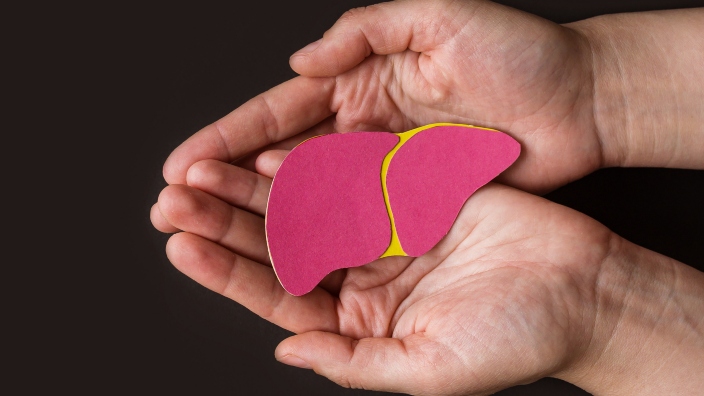29% of people who need organs are Black, but only 13% of donors are Black
August is National Minority Donor Awareness Month, and many Blacks are in desperate need of lifesaving organ transplants.
Aug 2, 2022
August is National Minority Donor Awareness Month, and many African Americans are in desperate need of lifesaving organ transplants.
According to
the Office of Minority Health at the U.S. Department of Health and Human Services, 28.5% of total candidates currently waiting for transplants are Black, yet African Americans are only 12.9% of donors. The office notes that Blacks make up the largest group of minorities in need of an organ transplant.
August is National Minority Donor Awareness Month, and many African Americans are in desperate need of lifesaving organ transplants. (Photo: AdobeStock.com)
One woman who was a transplant recipient is working to inform other African Americans about the value of organ donation through her nonprofit, Educating Minorities About Transplants. Shirley Brill, 66, is hosting events in Jacksonville, Florida, where she’s seeking to raise funds to help transplant patients with their expenses for travel and basic living, as well as medications and other necessities.
Brill, who was an elementary school teacher when she found out she had end-stage lung disease, said of her own double lung transplant in 2008: “Having a second chance at life means I’ve been given the opportunity to share with others the importance of believing that miracles still exist in everyday life to everyday people.”
She further told
The Florida Times-Union: “There is a lack of donor awareness among minorities because we don’t have the conversation with our loved ones, we pass the myths and misconceptions to the next generation. We are not exposed to people who will share truths about organ donation and the difference it has made in our lives — we don’t educate.”
She contends that many African Americans believe that if they declare themselves organ donors, they will not be given the best medical care in a crisis. Further, she said, some people believe they want to take their organs with them to heaven. Brill said she wants to counter with facts about organ decomposition after burial and other information that could help them see the benefits of donation and transplantation.
Dr. Martin Mai, a transplant nephrologist and medical director of the Kidney Transplant Program at Mayo Clinic in Jacksonville, told the newspaper he supports Brill and her organization.
“Providing opportunities for patients to hear about experiences from folks from the same community may be the best way to build trust and provide needed information to make decisions,” Mai said. “Myths … are present in all communities. I can provide the facts, dispelling these myths. But the message delivered from someone in the patient’s community that they can trust will be better taken to heart.”







 Goofy. They can't even afford to open the site up.
Goofy. They can't even afford to open the site up.